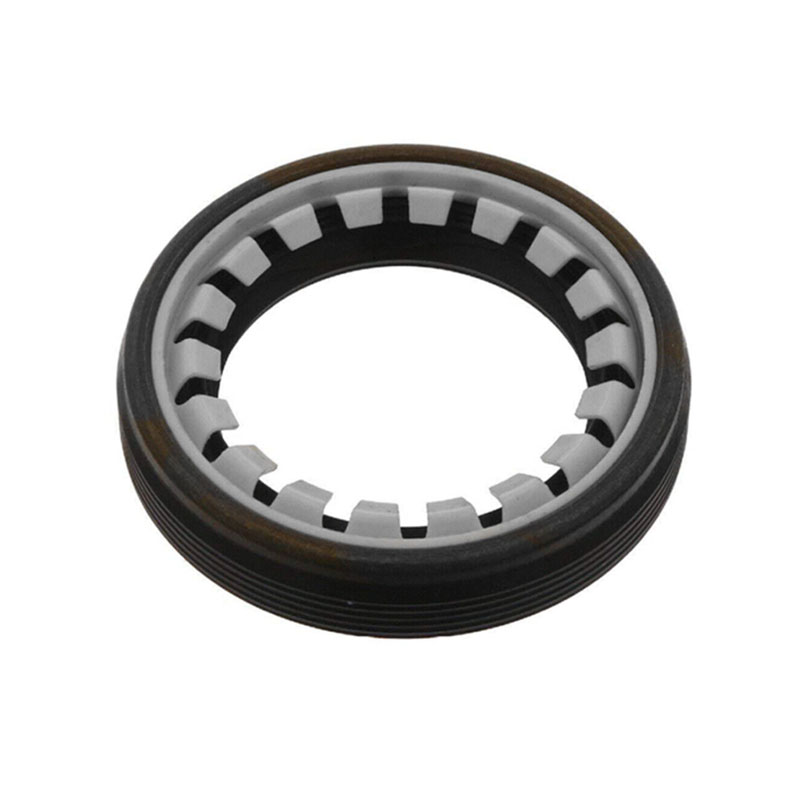plastic drain plug
The Advantages and Applications of Plastic Drain Plugs
In our modern world, where convenience and innovation reign, the plastic drain plug has emerged as a versatile and essential component in various applications. Used primarily to prevent the flow of liquids from drains, these plugs have garnered popularity due to their durability, ease of use, and cost-effectiveness. This article delves into the benefits and diverse applications of plastic drain plugs in both household and industrial settings.
Understanding Plastic Drain Plugs
Plastic drain plugs are typically made from materials such as polyethylene, polypropylene, or PVC, which are known for their resilience and resistance to corrosion and chemicals. These plugs come in various shapes and sizes, tailored to fit different drain types and sizes. Their design aims to create a watertight seal, ensuring that liquids do not escape when the plug is in place.
Advantages of Plastic Drain Plugs
1. Durability Unlike metal or rubber plugs, plastic drain plugs are less prone to rust and wear, making them suitable for prolonged exposure to moisture and various chemicals. This durability ensures that they maintain their integrity over time, reducing the need for frequent replacements.
2. Cost-Effective Plastic is an inexpensive material compared to metals. This affordability makes plastic drain plugs accessible to a broader audience, from homeowners to large-scale industries.
3. Lightweight and Easy to Handle Given their lightweight nature, plastic drain plugs are easy to install and remove. This feature is particularly beneficial in time-sensitive situations where quick access to the drain is necessary.
4. Chemical Resistance Many plastic types resist common household and industrial chemicals, which can corrode or degrade other materials. This characteristic is crucial in settings such as laboratories or manufacturing plants, where various substances may interact with the plug.
plastic drain plug

5. Versatility Plastic drain plugs are designed for a wide range of applications. From bathtubs and sinks to industrial machinery and water treatment facilities, their versatility is one of their most compelling advantages.
Applications of Plastic Drain Plugs
1. Household Use In residential settings, plastic drain plugs are commonly used in bathrooms and kitchens. They provide an easy method to retain water when washing dishes or during baths. Their ability to create a tight seal reduces the risk of leaks and water damage, making them ideal for everyday use.
2. Aquatic Environments In swimming pools, spas, and ponds, plastic drain plugs serve to maintain water levels while preventing debris from entering the drainage system. They help in managing water quality and ensuring a pleasant recreational environment.
3. Industrial Applications In factories and warehouses, plastic drain plugs are used to manage waste liquids, ensuring that spills do not pose a hazard to personnel or the environment. They are often employed in drainage systems to retain substances during cleaning or maintenance routines.
4. Marine Use Boating and marine applications also make extensive use of plastic drain plugs. These plugs can prevent water ingress in boats, providing safety and efficiency on the water. Their corrosion resistance makes them suitable for the challenging marine environment.
5. Agricultural Settings In agriculture, drain plugs can be used in irrigation systems to control the flow of water, ensuring efficient water usage. They help prevent runoff and erosion, contributing to sustainable agricultural practices.
Conclusion
Plastic drain plugs are an innovation that has simplified and improved the management of liquid flow across various applications. Their advantages, such as durability, cost-effectiveness, and versatility, make them valuable assets in both household and industrial environments. As industries continue to prioritize efficiency and safety, the demand for these practical tools is likely to grow. In a world that continually seeks easier and more effective solutions, the plastic drain plug stands out as a small but impactful player in managing everyday challenges involving fluid containment and management. Whether in a household setting or a complex industrial operation, their role is undeniable, and their future appears bright.
-
The Ultimate Guide to Boat Propeller Bearings and Trailer Wheel Bearings
News Jul.31,2025
-
The Essential Guide to Marine Bearings and Boat Trailer Wheel Bearings
News Jul.31,2025
-
The Complete Guide to Heavy Duty Seals: Protecting Doors and Spaces Efficiently
News Jul.31,2025
-
Essential Guide to Marine Shaft Bearings and Boat Trailer Axle Bearings
News Jul.31,2025
-
Comprehensive Guide to Marine and Trailer Bearings for Safe Boating and Transport
News Jul.31,2025
-
Comprehensive Guide to Automotive Oil Seals: Protecting Your Engine and Shafts
News Jul.31,2025
-
Understanding Automotive Oil Seals: Essential Components for Engine and Shaft Protection
News Jul.30,2025
Products categories















